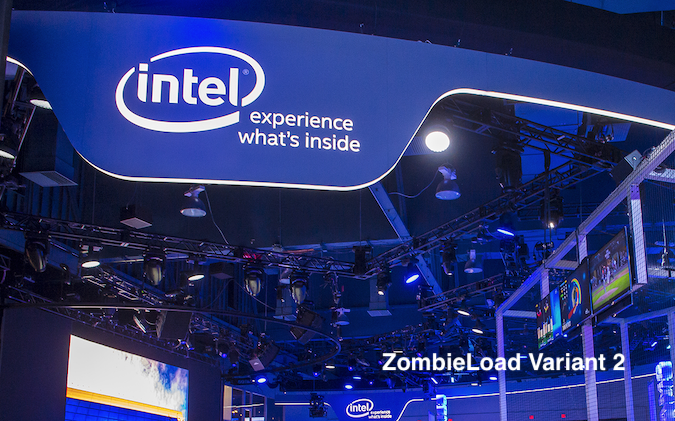
Researchers have disclosed a new variant of the attack method dubbed ZombieLoad, which appears to also impact Intel CPUs that are not affected by the first variant of ZombieLoad.
In May, a team of researchers, including experts who brought to light the existence of speculative execution side-channel vulnerabilities such as Meltdown and Spectre, disclosed several new flaws affecting Intel processors. These new attack methods rely on Microarchitectural Data Sampling (MDS) vulnerabilities and they have been dubbed ZombieLoad, RIDL and Fallout.
The MDS vulnerabilities can be exploited by a malicious application to obtain potentially sensitive information from other apps, the operating system, and virtual machines. The attacks work against both PCs and cloud environments, and they can be leveraged to obtain information such as passwords, website content, disk encryption keys and browser history.
When they first disclosed the MDS vulnerabilities, researchers said they impacted most Intel CPUs made in the past decade, but they did not affect some of the newer processors. However, the same researchers revealed on Tuesday that they have also uncovered a second variant of the ZombieLoad attack, which works against CPUs that include hardware mitigations against MDS attacks.
According to the experts, ZombieLoad Variant 2 also works against Intel Xeon Gold server processors with Cascade Lake microarchitecture and Core i9 processors with Coffee Lake microarchitecture.
ZombieLoad Variant 2, tracked as CVE-2019-11135, is related to Intel’s Transactional Synchronization Extensions (TSX), which is designed to improve performance for multi-threaded software. ZombieLoad Variant 2, which Intel has described as a Transactional Asynchronous Abort (TAA) vulnerability, affects all CPUs that support TSX and have the TAA_NO bit set to 0.
Researchers reported ZombieLoad Variant 2 to Intel on April 23 and informed the company that the attack works against newer CPUs on May 10, just days before details of the original ZombieLoad attack were made public. However, Intel asked them not to disclose the details of Variant 2 until now. The original research paper describing ZombieLoad has now been updated to include information on the second variant as well.
Intel is working on microcode updates that should address the vulnerability and in the meantime it has provided mitigation advice for operating system developers, virtual machine manager (VMM) developers, developers of software using Intel SGX, and system administrators.
The tech giant says it has patched a total of 77 vulnerabilities this month, including 67 issues discovered internally.
Linux kernel developers, VMware, Microsoft, Red Hat and others have released advisories for their customers to inform them about the impact of ZombieLoad Variant 2 and provide mitigations.
Related: Intel Patches Serious Vulnerability in Processor Diagnostic Tool
Related: Millions of Devices With Intel CPUs Exposed to SWAPGS Attack














